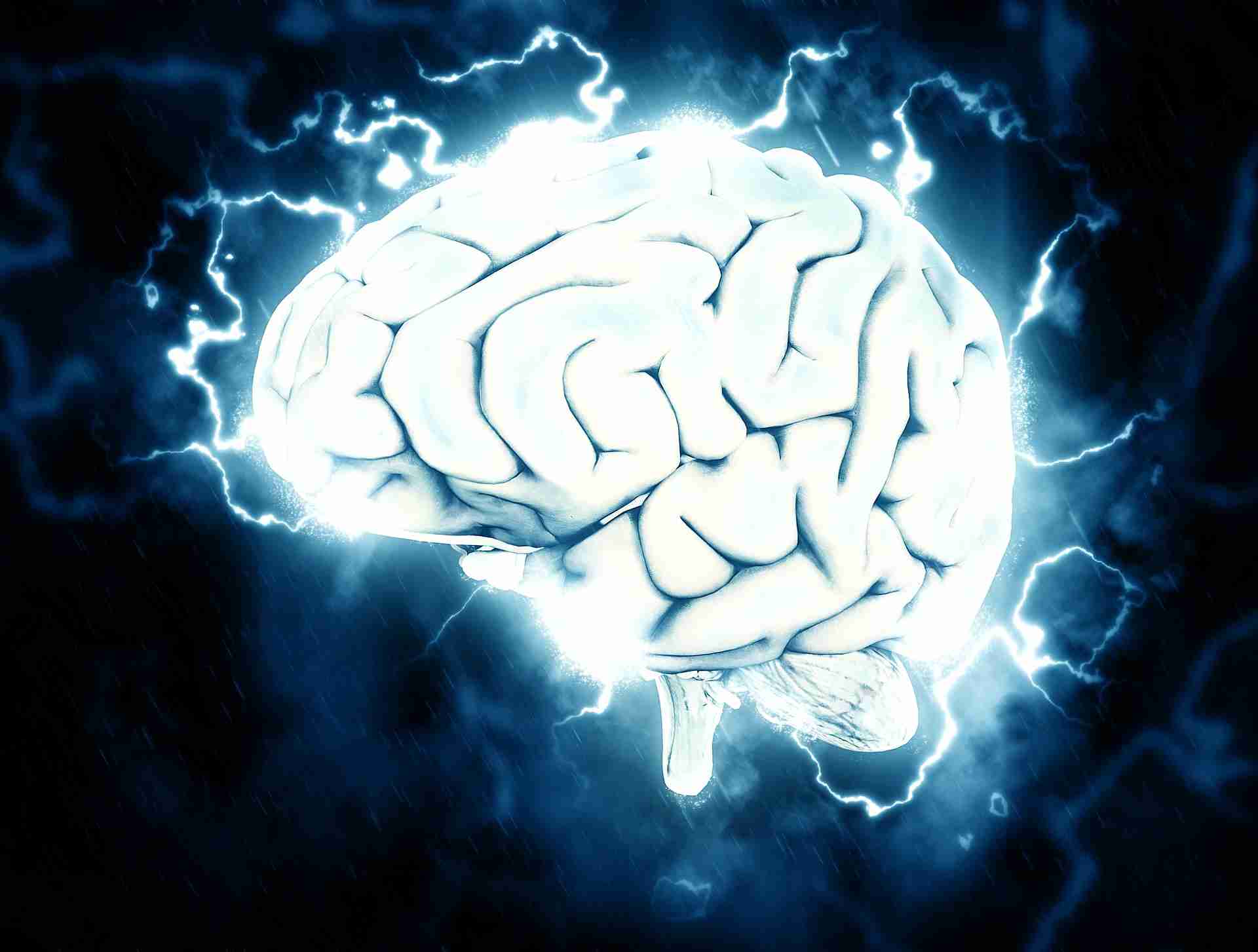Depression and Schizophrenia are Redundant Terms
The Future of Mental Health: Beyond Traditional Diagnoses
This article explores the evolving landscape of psychiatry as researchers move beyond traditional diagnostic categories like Depression and Schizophrenia. With advances in neuroscience, artificial intelligence, and big data, mental health professionals are shifting toward a biologically driven, personalized approach to treatment. Projects like STRATIFY and PRISM aim to uncover the neurological foundations of psychiatric conditions, leading to more effective, targeted therapies. Discover how cutting-edge research is transforming mental health care and paving the way for a future without outdated diagnostic labels.
Rethinking Psychiatric Diagnoses
For decades, mental health professionals have relied on diagnostic categories like Depression, Schizophrenia, and Bipolar Disorder. However, emerging research suggests that these classifications may soon become outdated. As neuroscientists uncover the biological foundations of mental illness and artificial intelligence (AI) advances in analyzing complex data, psychiatry is shifting towards a more precise and individualized approach.
The Rising Use of Antidepressants and the Mystery Behind Their Effects
According to the Organization for Economic Cooperation and Development (OECD), antidepressant usage has increased significantly in industrialized nations since 2000. Despite this widespread use, scientists still do not fully understand how these medications work.
Professor Gunter Schumann of King’s College London advocates for a move away from conventional psychiatric labels, arguing that the traditional classification of disorders fails to capture the complexity of mental health conditions. Instead of distinguishing between Depression and Addiction, researchers are now focusing on specific symptoms such as anhedonia (inability to experience pleasure) and compulsive behaviors.
Investigating Mental Illness Through Neuroscience
Under the European Research Council-funded Distinguish Project, Professor Schumann and his team are using brain imaging to analyze how different biological systems contribute to delinquent behaviors as identified by psychiatrists. Their research highlights the role of cognitive functions such as memory, pleasure, and cravings in mental health disorders.
According to Schumann, abnormalities in brain circuits associated with these functions may lead to various conditions. For instance, altered reward processing mechanisms are linked to both Depression and Addiction, despite their distinct symptoms.
Artificial Intelligence and Big Data in Psychiatry
A significant aspect of this research involves integrating brain imaging, genetic and epigenetic data, behavioral traits, and environmental influences. AI-driven algorithms are being used to detect patterns within these datasets, allowing for a deeper understanding of psychiatric disorders.
The STRATIFY Initiative, a large-scale research project, aims to categorize psychiatric patients based on shared neurological features. This approach could help pharmaceutical companies develop more targeted treatments, overcoming the limitations of current medications.
Transforming Drug Development in Psychiatry
One of the biggest challenges in psychiatric drug development is the lack of clear biological targets. Traditional approaches focus on treating broad disorders such as Depression or Schizophrenia, even though these conditions are not biologically uniform. STRATIFY aims to redefine treatment strategies by identifying unique neurological profiles among patients, leading to more effective medications.
As Professor Schumann explains, “We are not currently representing biology in a way that aligns with how patients experience their conditions.” By shifting focus from symptoms to biological mechanisms, researchers hope to accelerate drug development and improve treatment outcomes.
Examining Social Isolation in Schizophrenia and Alzheimer’s Disease
Another pioneering project, PRISM, is investigating social withdrawal in individuals with Schizophrenia and Alzheimer’s disease. This initiative, funded by the Innovation Therapeutics Campaign, is led by Professor Hugh Marston of the pharmaceutical company Eli Lilly.
Unlike traditional methods that classify disorders based on molecular characteristics, PRISM focuses on behavioral symptoms—specifically, social isolation. Since no current medications specifically target social withdrawal, researchers aim to identify biological markers that contribute to this symptom, paving the way for new treatments.
Using Technology to Track Behavioral Symptoms
PRISM researchers are utilizing mobile technology to monitor behavioral patterns. A smartphone app tracks users’ locations (via GPS) and online activity (email and social media usage) to assess their level of social engagement.
By analyzing biological dysfunctions associated with social withdrawal across different disorders, scientists hope to determine whether these conditions share common neurological pathways. If such commonalities exist, they could lead to novel treatment strategies applicable to multiple mental health disorders.
A New Classification of Mental Illness
The research conducted under STRATIFY and PRISM may fundamentally change how we categorize and treat psychiatric conditions. Instead of distinguishing between Schizophrenia and Bipolar Disorder based on clinical symptoms, future diagnoses may rely on biological markers detected through neuroimaging and genetic analysis.
As Professor Marston suggests, “We may eventually develop an entirely biological classification of individuals rather than relying on traditional syndromes.”
The Future of Psychiatric Treatment
Moving from a symptom-based classification system to a biology-driven approach will take time. Even if ongoing research yields groundbreaking insights, it could take decades before these findings are widely implemented in clinical practice. However, the transition has already begun.
Professor Schumann believes that targeting specific symptoms—rather than broad disorders—may be the key to more effective treatments. For example, instead of attempting to “cure” Schizophrenia entirely, focusing on individual aspects like cognitive impairment or social withdrawal may yield better outcomes for patients.
Conclusion: A Paradigm Shift in Psychiatry
The traditional labels of psychiatric disorders may soon be replaced by a more nuanced, biology-based approach. Advances in neuroscience, AI, and big data are allowing researchers to move beyond symptom-based diagnoses and towards precise, personalized treatments.
By identifying commonalities in brain function across different disorders, scientists hope to develop therapies that target the root causes of mental illness. While it may take years for these discoveries to transform mental health care, the shift towards a more personalized and scientifically grounded approach is already underway.






